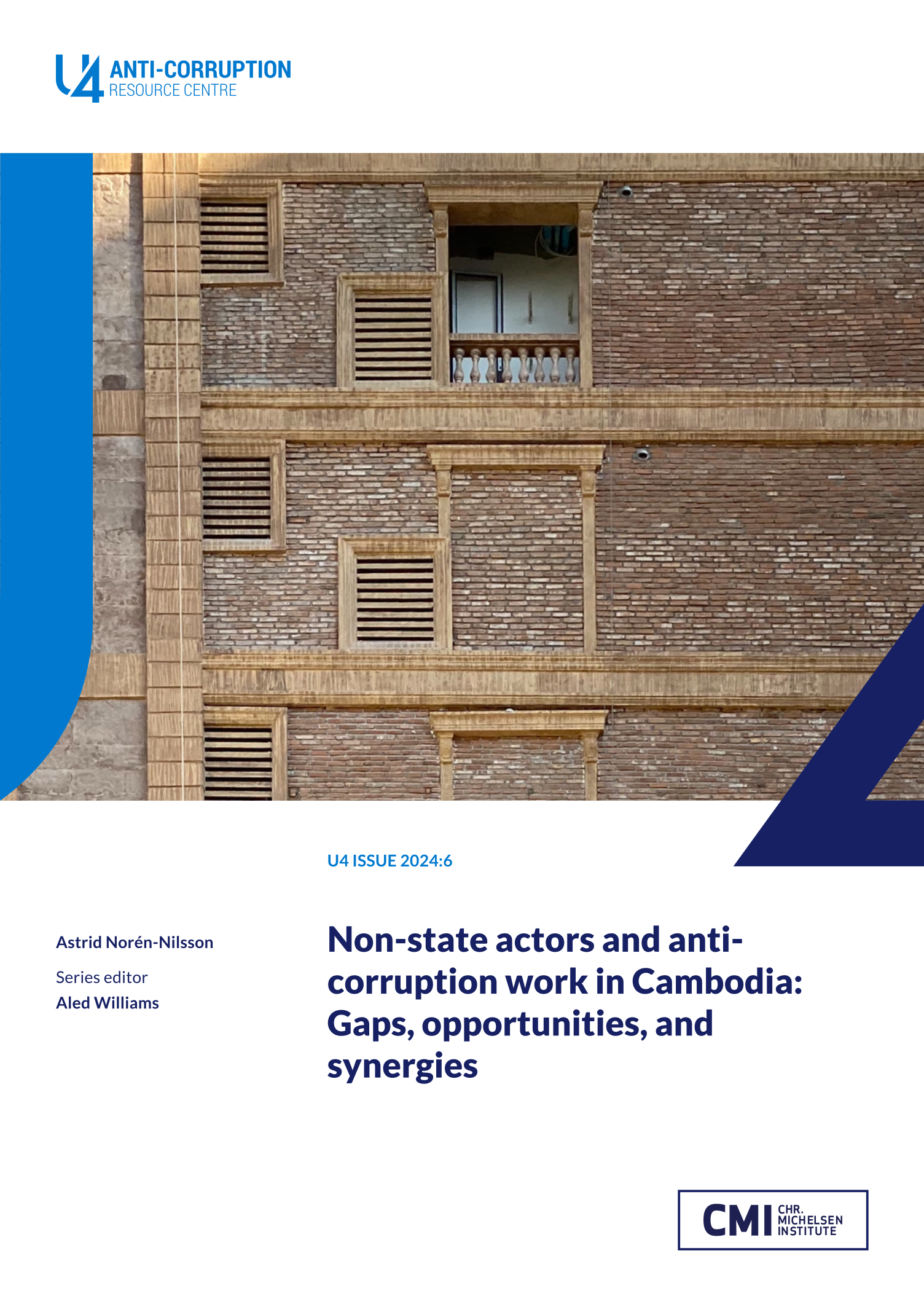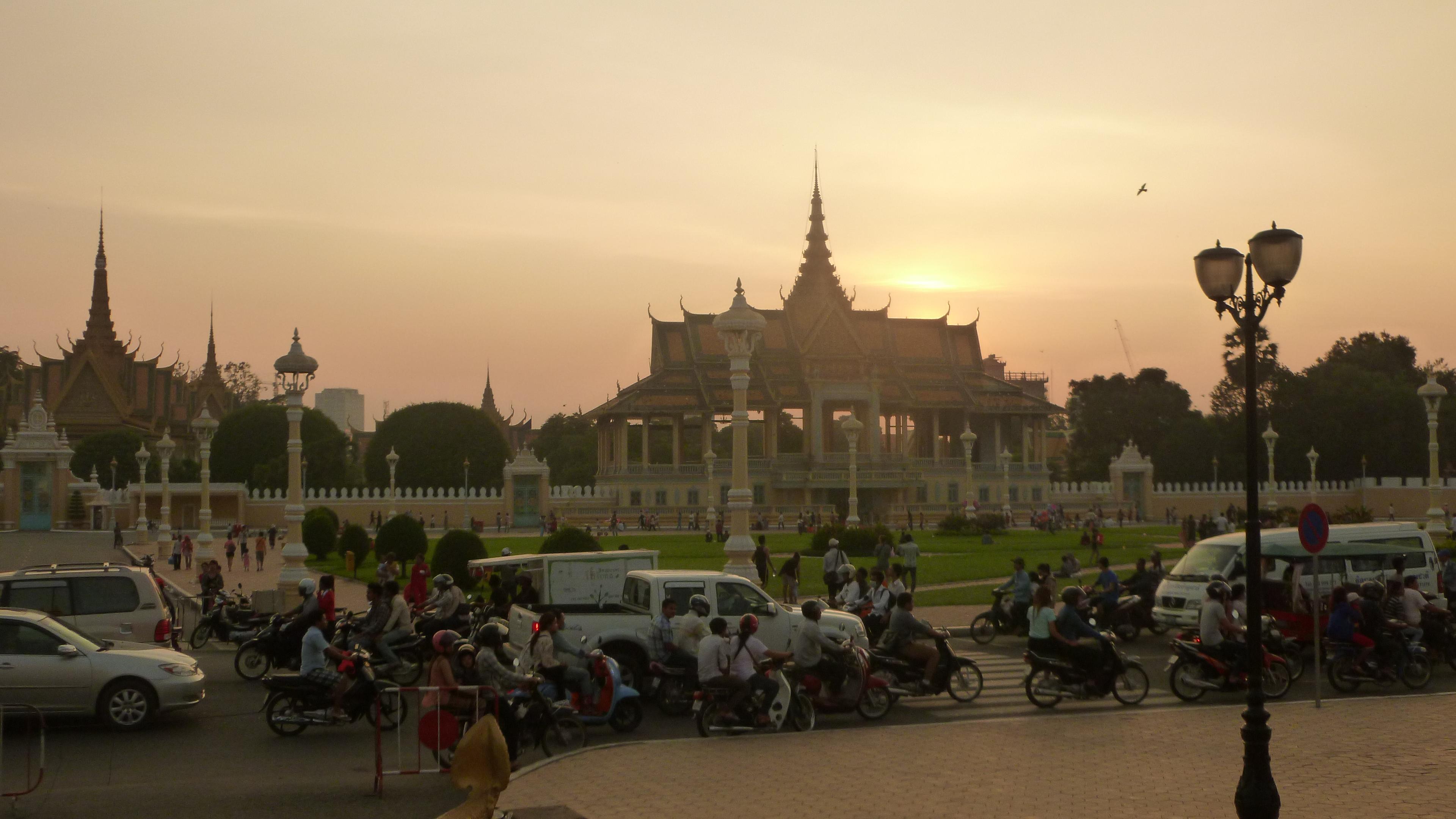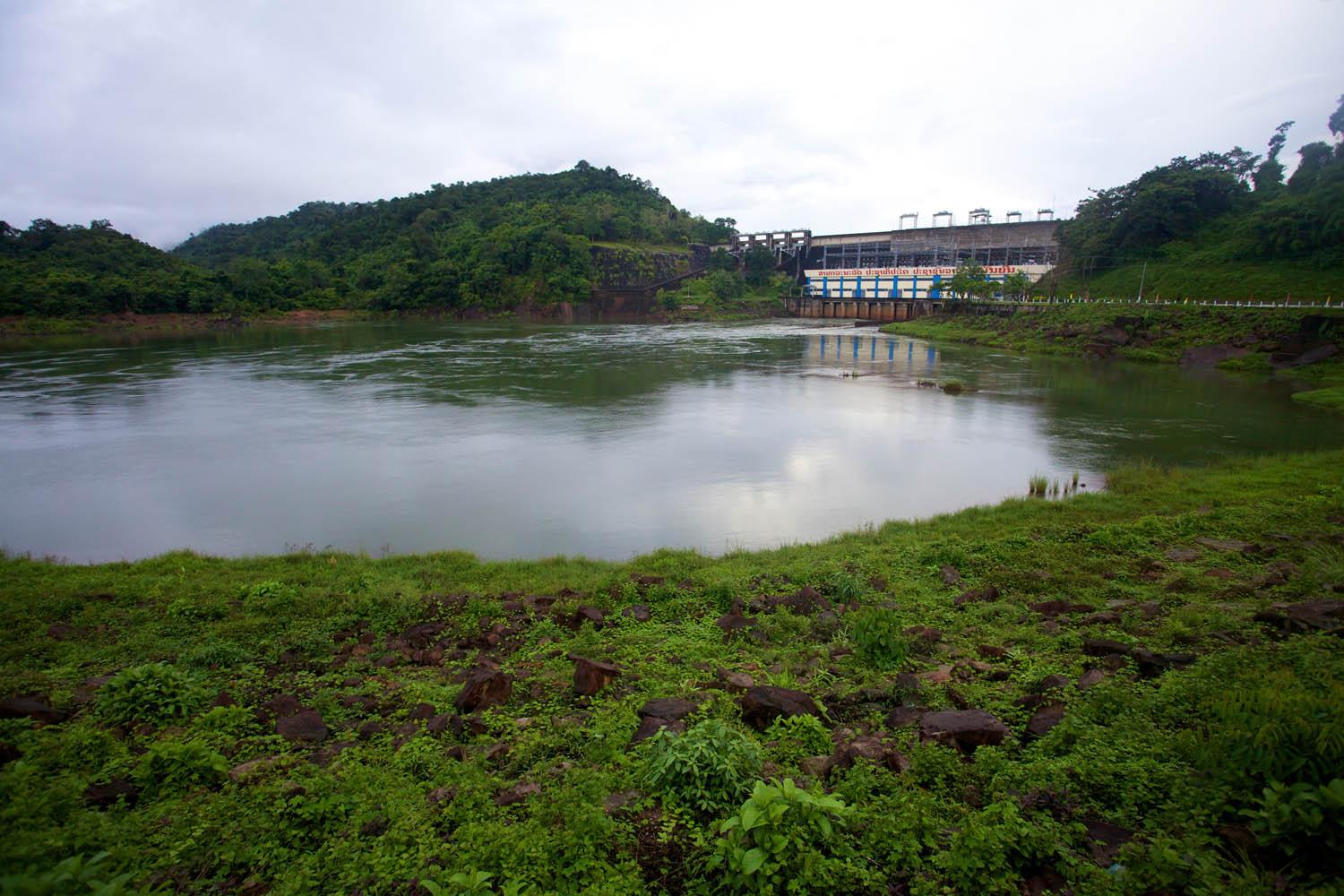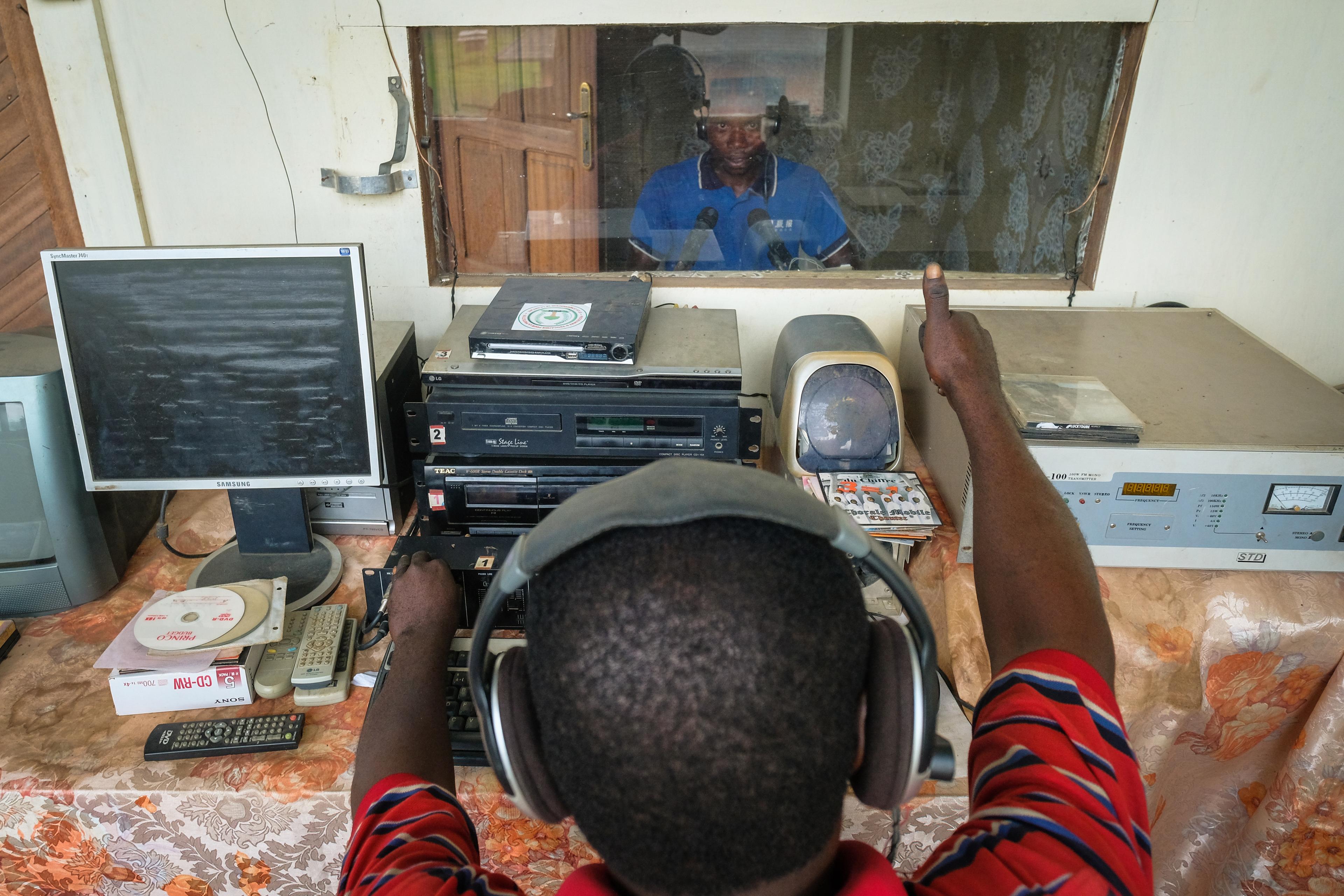Main points
- The political space for NGOs, trade unions, and other civil society organisations working against corruption has been decreasing in Cambodia since 2013, and particularly since 2017.
- Civil society and international development partners and donors have been exploring alternative approaches to engaging with the government – in particular, avoiding sensitive or controversial subjects, and leaning towards service-provision or technical-support activities instead of advocacy.
- Cambodia’s 2023 elections ushered in a new, younger generation of politicians.
- Civil society is now dominated by organisations that are affiliated to the state, blurring the lines between state and non-state actors.
- With new leadership has come a shift towards stronger anti-corruption rhetoric, but anti-corruption actors and civil society continue to tread a fine line.
- The approaches of local civil society organisations and development partners to anti-corruption work are disjointed. A long-term, joined up approach could have significant impact.
- Recommendations for non-state actors in future include: presenting robust evidence; focusing on technical support and best practice; addressing service provision and service information; and supporting access to information through effective journalism.
- Recommendations for improved cooperation with development partners include: working via multilateral (especially UN) agencies; introducing regular forums for joint working; and working both locally within the country and regionally across Southeast Asia.



